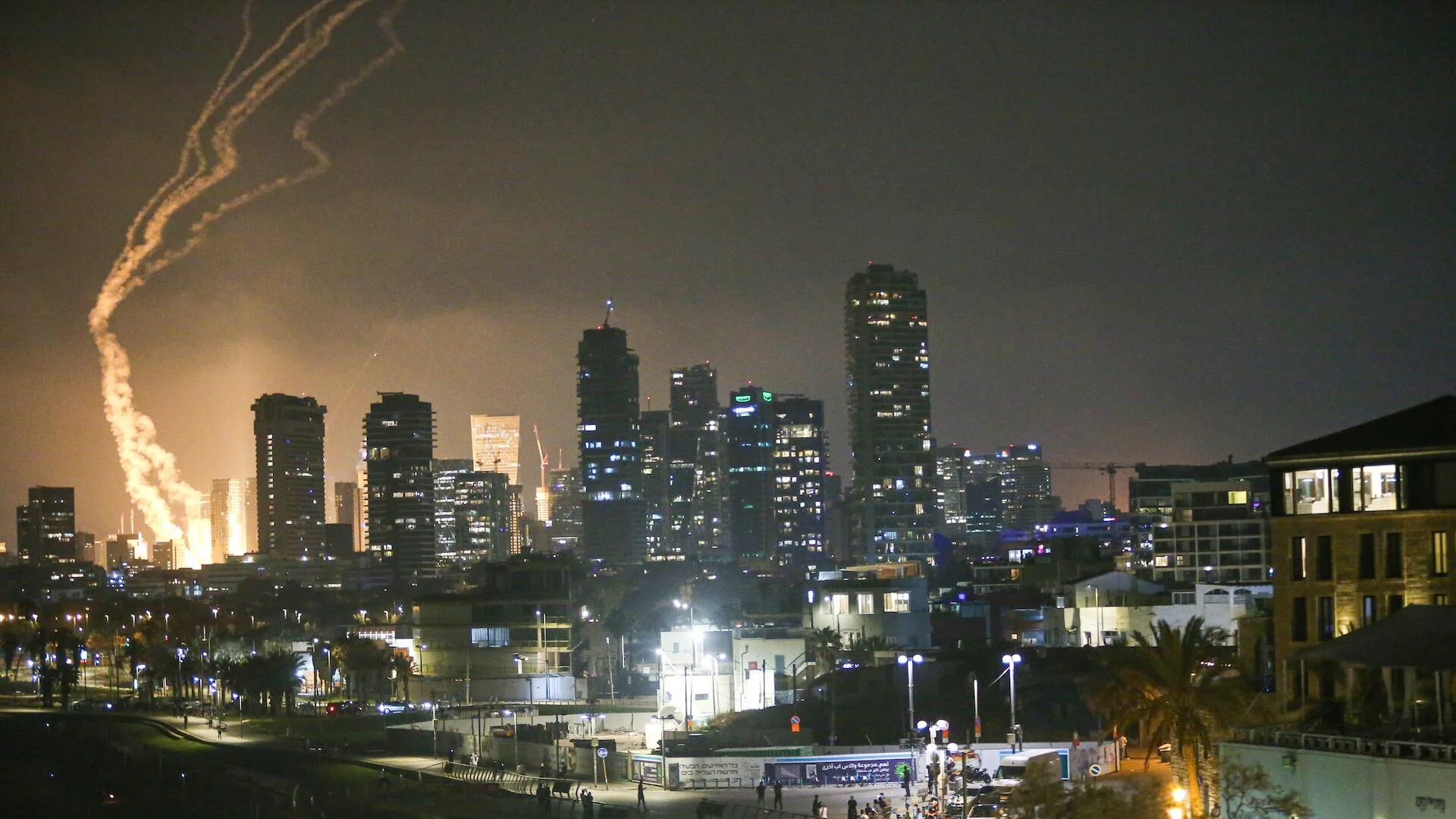The Autopsy of a Paper Tiger: How Iran's Regime Died and Refuses to Lie Down

For decades, the world has been subjected to a dual narrative from Tehran: one of defiant strength for its domestic audience and one of peaceful intentions for the international community. The Islamic Republic has postured as a regional hegemon, a military powerhouse, and a victim of Western aggression, all while insisting its nuclear ambitions were purely for energy. A cascade of recent, catastrophic failures has not just poked holes in this narrative; it has shredded it entirely, exposing the regime for what it is: a hollow, incompetent, and terminally ill entity. The posturing is over. The evidence is in. Let us conduct the autopsy on this failed state.
The Nuclear Lie Evaporates
The foundational lie of the Iranian regime for over two decades has been the claim that its nuclear program is for “peaceful purposes.” This assertion was never credible, but it provided a thin veil of plausible deniability that sympathetic voices in the West could cling to. That veil has now been atomized. Expert analysis from the Institute for the Study of War has irrefutably confirmed that recent strikes obliterated a Uranium Metal Conversion Plant. Let us be clear about what this facility does: it is essential for manufacturing the “explosive core of an atomic bomb.” It serves no purpose in a civilian energy program. Its existence is a smoking gun, a confession written in enriched uranium.
As if this were not enough, the regime itself provided the eulogy for its own lie. In grotesque state-managed funerals, Tehran publicly mourned top Islamic Revolutionary Guard Corps (IRGC) commanders, like Generals Salami and Hajizadeh, alongside its top nuclear scientists. They were presented as martyrs of a single, unified cause. This public wedding of the state’s chief military arm with its supposedly civilian nuclear program is a direct, shameless admission. The regime is no longer hiding the ball; it is celebrating the very military-nuclear linkage it has spent years denying. The debate is over. The program was always for a bomb.
A Capital Breached, A Regime Humiliated
A state’s first duty is to secure its own territory, especially its capital. By this most basic measure, the Iranian regime is a catastrophic failure. The illusion of an impenetrable fortress in Tehran has been shattered with humiliating public clarity. Iranian state television itself was forced to broadcast the pathetic image of Ali Shamkhani, a senior aide to the Supreme Leader, visibly wounded, his home destroyed, and relying on a breathing aid. This isn't a distant provincial official; this is the inner sanctum, breached and broken.
This devastating personal blow to the leadership is compounded by an even greater strategic failure. In a stunning admission of impotence, Iran’s own judiciary officially confirmed that an Israeli strike successfully hit Tehran’s notorious Evin Prison, a symbol of the regime's oppressive power. The strike killed 71 people. Let that sink in: a hostile power successfully executed a lethal military operation against a high-security facility in the heart of the capital, and the regime could do nothing to stop it. This is not a sign of strength; it is a public declaration of incompetence, proving the state is incapable of protecting even its most critical assets.
The Impotence of Retaliation
Cornered and humiliated, the regime did what it always does: it promised a “crushing” response. The world watched as Iran launched a retaliatory missile strike against the major US Al Udeid air base. It was meant to be a show of force, a display of the military might they boast of in their parades. The result was a farce. The entire salvo was reportedly intercepted and destroyed, not by a US carrier group, but by the air defense systems of Qatar. A regional power, a fraction of the size of Iran, effortlessly swatted away the best punch the IRGC could throw. This failure exposes Iran’s military as a paper tiger, its advanced missile program as technologically deficient, and its threats of retaliation as utterly hollow.
Abandoned and Alone
For years, Tehran has comforted itself with the notion of a powerful “anti-West” axis, with Russia and China as its patrons. It believed this alliance would shield it from accountability. In its moment of crisis, however, that shield proved to be made of glass. Following the devastating strikes, the responses from Moscow and Beijing were telling in their weakness. Analysts universally described their statements as “muted,” “cautious,” and “non-committal.” There were no fiery condemnations, no threats of repercussions, no meaningful diplomatic support. Russia and China, pursuing their own interests, have clearly demonstrated that Iran is a disposable client, not a valued partner. The axis is a mirage. Tehran is diplomatically isolated and entirely on its own.
The Clear and Present Danger of a Cornered Regime
While the regime itself is crumbling, the danger it poses has become more acute. According to IAEA Director General Rafael Grossi, the world faces a severe and ongoing proliferation crisis. Grossi has stated publicly that the IAEA does not know the location of Iran's large stockpile of 60% enriched uranium—material he confirms is sufficient for “more than nine nuclear bombs.” This material is outside international supervision, a loose cannon in the hands of a failing, desperate regime. Furthermore, Grossi warns that despite recent setbacks, Iran retains the capacity to restart its enrichment and build a bomb in a “matter of months.” The threat has not been eliminated; it has been cornered.
Faced with external defeat and internal decay, the regime has turned to its final tool: terror against its own people. In what it chillingly calls a “season of traitor-killing,” Iran’s judiciary has confirmed the speedy executions of numerous citizens for alleged spying. This is the classic playbook of a paranoid, failing state: unable to confront its powerful foreign adversaries, it scapegoats its own citizens, manufacturing internal enemies to distract from its own catastrophic incompetence. It is the ultimate act of cowardice from a regime in its death throes.

